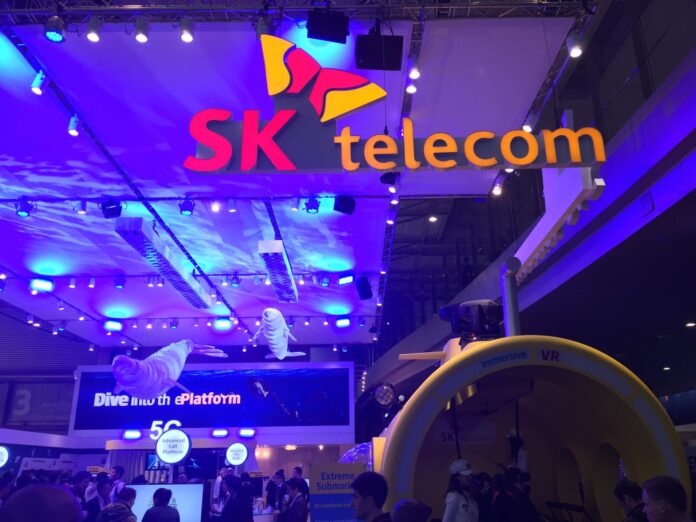Last year, SK Telecom rearranged its business into five different groups, namely fixed and mobile telecommunications, media, enterprise, AIVERSE (AI+Universe), and connected intelligence
South Korea’s largest telco, SK Telecom, aims to become an artificial intelligence (AI) company, the telco’s CEO Ryu Young-sang said during a meeting with employees.
Ryu stressed that SK Telecom will shape itself into an AI company by combining AI with a wide range of connectivity technologies. “We will leap into SK Telecom’s version of a distinguished AI company that combines AI with connective technologies based on our main business of telecommunications,” the executive said.
To achieve the new vision, the carrier unveiled the following three strategies designed to innovate its five business groups. Last year, the company rearranged its business into five different groups, namely fixed and mobile telecommunications, media, enterprise, AIVERSE (AI+Universe), and connected intelligence.
Firstly, the carrier said it will redefine its core businesses with AI. By achieving AI transformation of its fixed and mobile telecommunications, media and enterprise businesses, the company said it aims to create new opportunities and growth drivers.
SK Telecom said it will improve the overall process to enable customers to search, subscribe to and use fixed and mobile telecommunications services with greater convenience and ease by applying AI to this entire process.
In the media business, the company said it will integrate its media-related assets that are scattered across diverse media services like IPTV and T Commerce to strengthen its content power. It will also combine AI technology to these assets to offer personalized content to customers.
In enterprise business, it will facilitate AI transformation of its enterprise customers through the six main business areas – namely data center, private network, IoT, cloud, big data and AI.
Secondly, SK Telecom will strengthen customer relationships by applying new technologies and content to AI-based services like ‘A.,’ ‘ifland’ and ‘T Universe.’
Thirdly, SK Telecom said it will invest in or acquire companies that can create greater synergies when combined with its AI technologies.
“Although we achieved steady growth over the past year, we are now standing at the point of transformation brought by sudden changes in the international situation,” said Ryu. “We will remain strong and steadfast and continue on our path toward achieving the vision of becoming an AI Company, while thoroughly preparing ourselves for all possible challenges, risks and threats.”
SK Telecom ended the second quarter of the year with a total of 11.68 million subscribers in the 5G segment, up 51.8% year-on-year, the carrier said in its latest earnings statement.
During the first half of 2022, SK Telecom recorded a net addition of 1.81 million 5G customers.
At the end of the first half of the year, 5G subscribers accounted for 50% of the carrier’s overall handset subscribers, up from 42% at the end of last year.
The telco ended Q2 with a total of 32.55 million mobile subscribers, climbing 2.9% versus Q2 2021.
In November of 2021, Swedish vendor Ericsson announced a partnership with SK Telecom, with the aim of supporting 5G Standalone networks through the deployment of a cloud-native dual-mode 5G Core.
Ericsson had previously provided SK Telecom with 5G radio access network (RAN) equipment and network management system for their commercial 5G network rollout.

